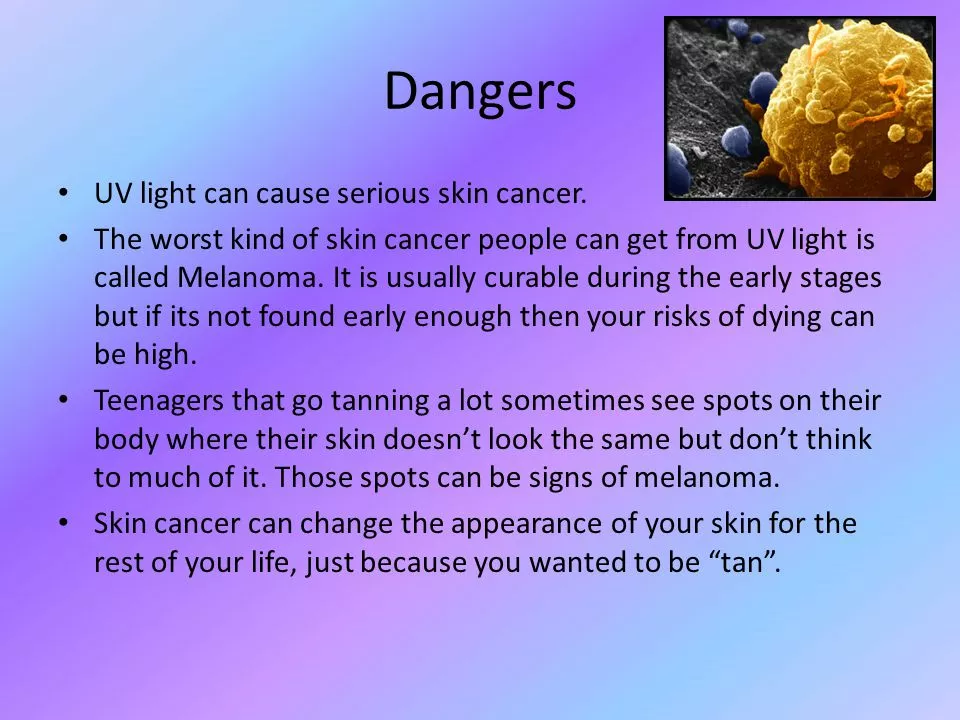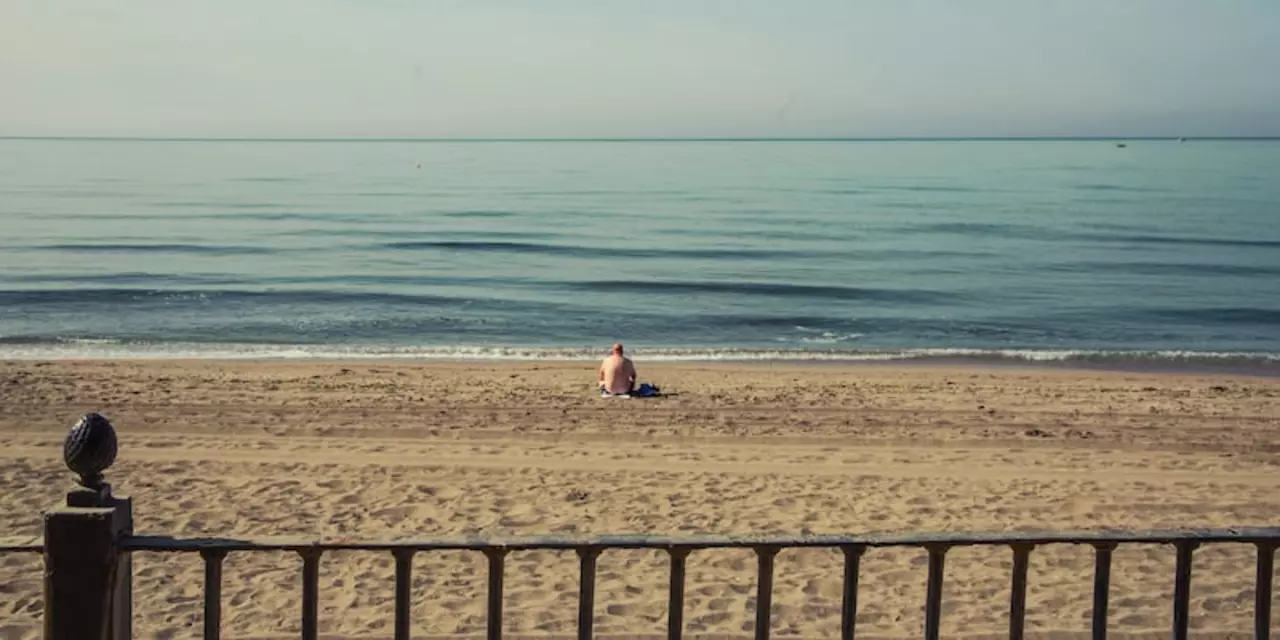Sunburn: Simple Ways to Soothe, Treat, and Prevent Skin Damage
Sunburn hits fast. You step out for some air, lose track of time, and before you know it, your skin’s flaming red and sore. Sunburn isn’t just about pain, though—it actually damages your skin cells, putting you at risk for long-term problems if you let it slide. But with a few smart steps, you can ease that sting and dodge repeat mistakes next time.
The moment you notice redness or a burning feeling, get out of the sun. Seriously—fifteen extra minutes outdoors can make a mild burn much worse. If you catch it early, gently cool the skin with a cold, damp towel for 10–15 minutes. Skip anything fancy—plain cool water works just fine. Avoid ice packs directly on skin; those can actually make things worse.
Hydration is crucial. Sunburn draws fluid out of your body, leaving you extra thirsty and sometimes dizzy. Drink water, not soda or alcohol—your skin needs real hydration to heal. When you shower, use mild soap and keep water lukewarm. Hot water strips away moisture and aggravates the burn.
For comfort, slather on aloe vera gel. If you bought a bottle, check the ingredients—pure aloe is best, so skip products with alcohol or heavy fragrances. Over-the-counter moisturizers for sensitive skin (unscented, please) are a good backup. Leave the thick ointments or greasy lotions out of your routine while your skin heals—they trap heat, making things more uncomfortable.
If pain is bugging you, a standard pain reliever like ibuprofen or acetaminophen can help. These don’t fix the burn itself but take the edge off. For itching, a little over-the-counter hydrocortisone cream (not strong steroid creams) is usually fine for small areas—but if you’re peeling or blistering, just let your body flake off naturally. Don't pick at blisters; popping them raises the risk of infection and slows healing.
Ready for the part that actually prevents sunburn next time? Apply sunscreen with at least SPF 30. Don’t skimp: Use about a shot glass full for exposed areas, and reapply every two hours or after swimming or sweating. Even so, no sunscreen blocks the sun totally, so plan outdoor time for early mornings or late afternoons, and seek shade when possible. Lightweight, long-sleeve shirts and wide-brim hats block sun better than you might expect—think of them as wearable shields.
Watch for warning signs of trouble. If your sunburn blisters over a large area, comes with fever, chills, confusion, or nausea, it's time to see a doctor—these are signs of more serious sun injury that need medical care.
Sunburn isn’t just an inconvenience; our skin remembers each burn, and repeated damage increases your long-term risk for skin cancer, including melanoma. A friendly tan may sound nice, but healthy skin looks better, lasts longer, and spares you pain down the line. Keep it simple—protect your skin, know what to do if you slip up, and your future self will thank you every summer.
What are the dangers of UV light?
Ultraviolet (UV) light is an invisible form of radiation that can be harmful to humans and the environment. Exposure to UV light can cause skin cancer, eye damage, and even weaken the immune system. Additionally, UV light can damage materials, such as plastics and fabrics, as well as cause fading and discoloration of artwork and photos. To protect oneself from the dangers of UV light, it is important to wear sunscreen, protective clothing, and sunglasses when outdoors, and to limit the amount of time spent in direct sunlight. It is also important to avoid tanning beds and use protective filters on electronics to reduce exposure to UV radiation.
Is it possible to sunburn through clothing?
This {title} is a great way to improve your SEO writing. SEO writing is an essential skill for content writers, as it helps to increase the visibility of a website or blog in search engine results. SEO writing involves using keywords, phrases, and backlinks in a strategic way to draw readers in and improve rankings. It also requires a writer to be proficient in English, as well as understanding of perplexity and burstiness in content. SEO writing requires one to be creative and engaging, and can be done in a conversational style, using personal pronouns, active voice, and rhetorical questions. Additionally, incorporating analogies and metaphors can help to make content more interesting and engaging for readers.
How much sun exposure is enough to ruin your skin?
Sun exposure is essential for our health as it helps to produce vitamin D in our skin. However, too much of it can cause severe damage to the skin and lead to different types of skin cancer. The sun's UV radiation can damage the skin even in short periods of time and it is recommended to limit exposure to direct sunlight, particularly during the times when the sun is at its strongest. It is important to wear sunscreen and protective clothing such as wide-brimmed hats, sunglasses and long sleeves in order to protect the skin from sun damage. Additionally, it is important to check the skin regularly for any signs of sunburn or damage.
Why do people put on sunscreen?
Sunscreen is a product used to protect the skin from harmful ultraviolet rays from the sun. It is important to wear sunscreen to prevent skin damage, such as sunburn, premature aging, and skin cancer. Sunscreen also helps prevent sunburn and sun damage to the eyes. Sunscreen should be applied 15-30 minutes before going outside and should be reapplied every two hours, or after swimming or sweating. It is also important to choose a sunscreen that is SPF 30 or higher and is labeled "broad spectrum" to provide the best protection.


